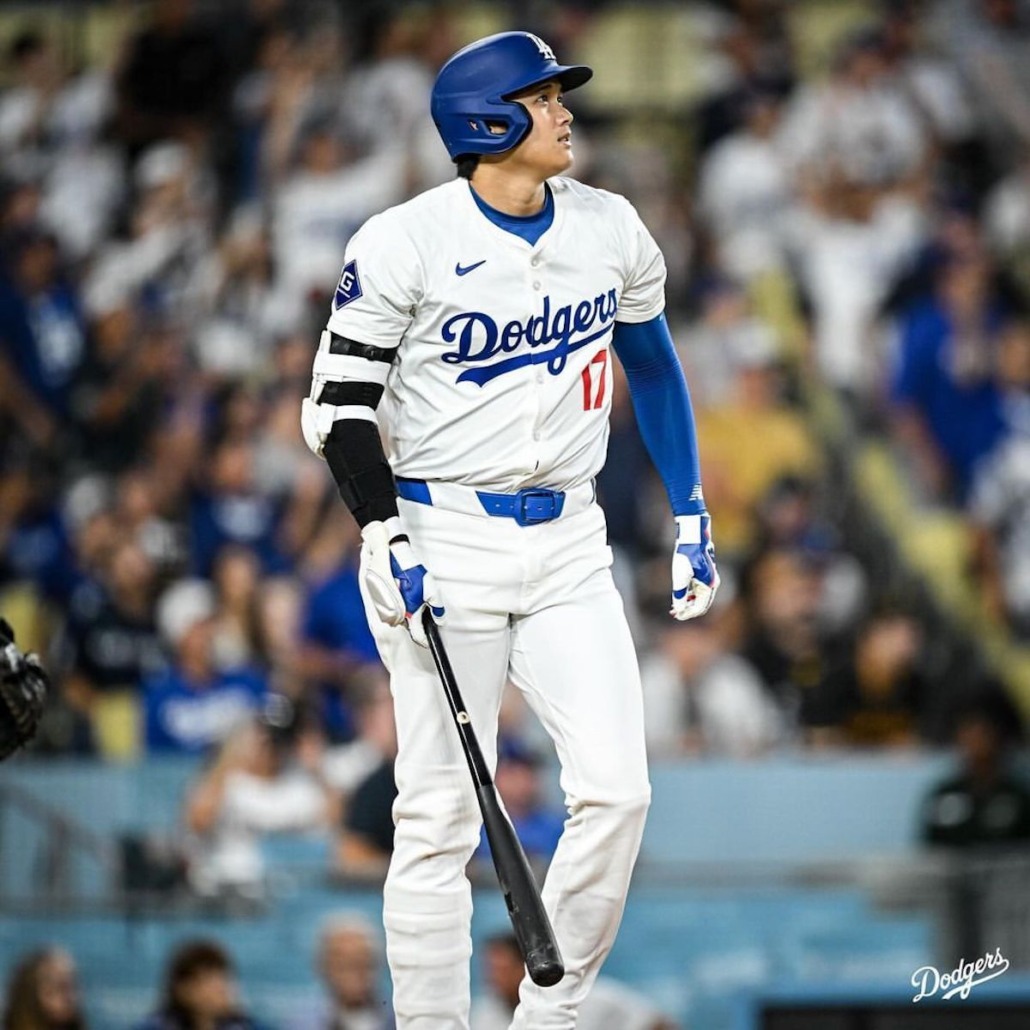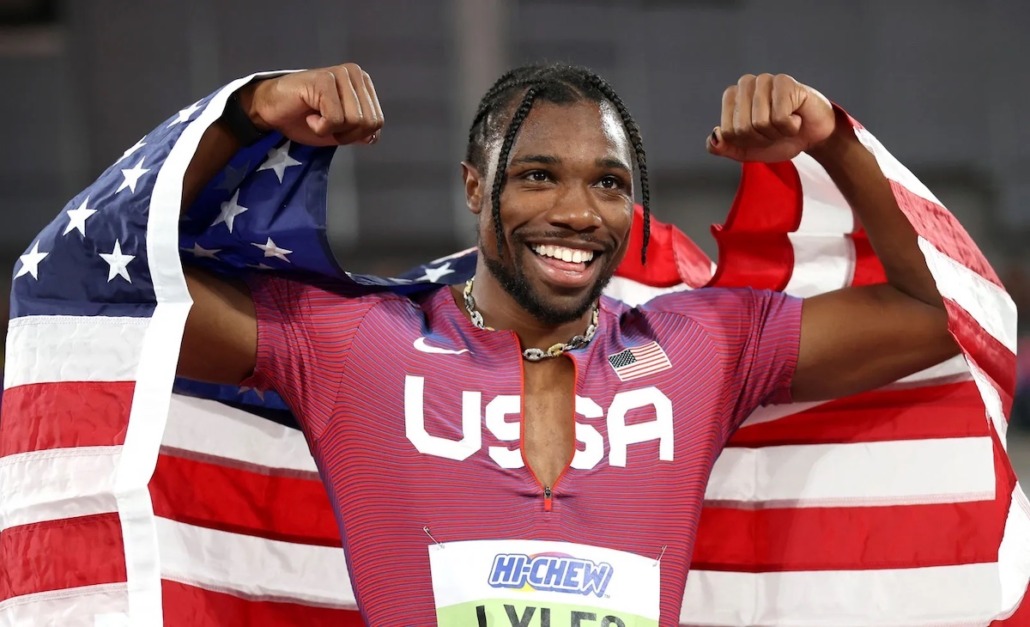The Power of Social Media Sports Marketing
Social media has redefined how fans connect with their favorite teams and athletes. Platforms like TikTok, Instagram, Facebook, and X have become essential tools for sports organizations and brands, offering a sense of community while driving their revenue and staying authentic. By leveraging social media, sports marketing humanizes athletes and the brands they endorse, allowing direct fan engagement. This article will continue to explore how social media is reshaping the sports marketing landscape and dominating the space with innovative strategies.
Engagement and Targeted Campaigns
Social media allows sports marketers to tailor content that reaches specific audiences. Sports teams typically have multiple social media accounts across different channels, allowing them to create content for various fan behaviors, depending on the platform. This personalization drives engagement, ensuring fan interaction with content and fostering a deeper connection with teams and athletes.

Game highlights, exclusive interviews, ads, and promotions on social media platforms create a more immersive and meaningful experience for fans. By targeting specific audiences, such as location-based fans, with ticket promotions or merchandise, sports marketers can effectively turn team loyalty into revenue for their organization.
Importance of Being Active
Brands
Many of the most followed brands on Instagram are sports teams and organizations. Staying active and current on social media trends, including popular content, hashtags, and clips, is crucial for keeping your brand at the forefront of followers’ and new fans’ minds. Two of the most successful Instagram posts by BigStub, an online marketplace for concert, sports, and theater tickets, featured Shohei Ohtani and Aaron Judge. By capitalizing on athletes’ talent like Ohtani and Judge, brands can drive traffic and encourage engagement. The beauty of social media is its adaptability; you can alter a campaign and ride the wave of trending content in real-time.

Sourced from BigStub
In the summer of 2023, one of baseball’s most notable players, Shohei Ohtani, smashed a foul ball, knocking out the LED lights on a Coors Light ad. The product left was the remnants of the classic silver Coors light can with a black box over the brand’s logo. The clip went viral across social media, and instead of seeing it as an embarrassment for the company, they turned it into an opportunity to create the “Lights Out” campaign. Within 48 hours, Coors launched a special edition can, selling out almost immediately, featuring a black square where the Pixels had gone out during the game. The organic nature of the ad and Coors’s ability to seek opportunity in viral content demonstrated the power of social media sports marketing and staying active in what fans are engaging with.


Athletes
Brands are not the only ones that benefit from social media sports marketing. Athletes utilize social media to promote themselves and build their personal brand, connecting with fans in and out of the season. Athletes now have a direct platform to interact with fans, craft their own content, and humanize themselves. This allows them to build a loyal fanbase and secure endorsement deals.
Olympic track star Noah Lyles has taken advantage of social media, using it as a platform to highlight his athletic journey, advocate for issues within his sport, and secure brand partnerships. His bold personality, outspoken nature, and bold fashion statements have contributed to his appeal as an influencer, even landing a leading role in the Netflix Sprint documentary. Lyles demonstrates the full scope of social media sports marketing by building an authentic and engaging presence on social media.

Revenue Opportunities
Social media’s reach allows connections between fans worldwide, expanding revenue potential. For example, while many might view basketball as an American-dominated sport, it boasts a huge fanbase in other countries such as the U.K., China, and Germany. Reaching these far-away audiences allows fans to stay updated with teams, regardless of distance. Social media allows teams to tap into previously untapped markets, creating connections beyond traditional sports marketing approaches.
Broadcast TV, sponsorships, and ticket sales currently hold the top spot for sports organization revenue. Social media provides an exciting opportunity to grow revenue on a different channel, seeing it as an extension of existing strategies. Platforms like TikTok, Instagram, Facebook, and X help organizations introduce new revenue streams, including paid sponsorships, merchandise sales, and branded content. Direct links to fans can drive instant purchases, offering an interactive experience and continued visibility.
Measuring Success
Compared to traditional marketing initiatives, social media marketing is a more affordable approach. In addition to cost-effectiveness, measuring the success and interaction of brands on social media is simple. Metrics such as impressions, conversion rates, follower growth, and sentiment give insight into the effectiveness of marketing strategies and opportunities for growth.

At Bright Age, we specialize in crafting curated campaigns that build engaging content, ensuring your brand stays relevant and impactful. Let us help you capitalize on social media sports marketing opportunities and make your social media a powerful asset.





